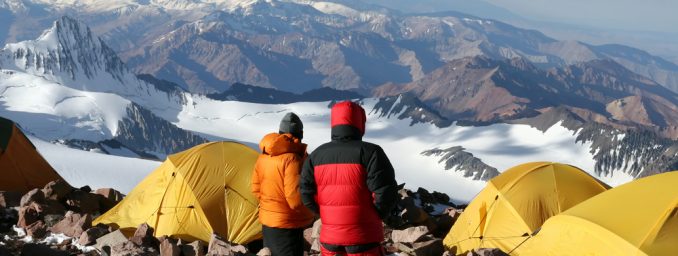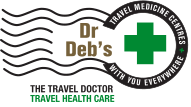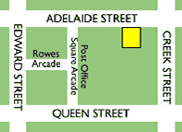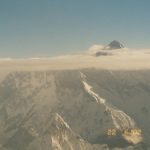Preventing Deaths from Altitude Sickness
March 7th, 2017
Recent media reports of a Victorian man dying of suspected altitude sickness in Nepal are a grim reminder of the importance of appropriate travel health care, and the fact that things can go dreadfully wrong sometimes in adventure environments. Travel Medicine is not just about vaccines but also information and education about potential travel health hazards.
This report suggested that the man was suffering symptoms of altitude sickness. Quite rightly he did not ascend further but, unfortunately, he went and stayed unsupervised in his hotel. Tragically he was found dead in the morning by his sherpa. My thoughts go out to him and his family in this terrible tragedy.
It breaks my heart that this is not a “one off”. This happens more than it should.
Know the Golden Rules for preventing Altitude Sickness
There are reported to be three Golden Rules to avoid dying from Altitude sickness aka Acute Mountain Sickness.
1. If you feel unwell at altitude, it is altitude sickness until proven otherwise.
2. Never go higher if you have symptoms of Acute Mountain Sickness.
3. If you are getting worse, go down at once.
I would add a fourth
4 Under no circumstances leave a sufferer unattended if they have symptoms of altitude illness, even if they seem to be getting better.
There is less oxygen in the air at higher altitudes. Those affected by altitude sickness do not have enough oxygen to feed their cells – the brain becomes is swollen from lack of oxygen and hence the brain does not function properly.
Those with altitude sickness are often unaware of how sick they are. A change of personality is a sign of severe altitude sickness. A good test for lack of coordination or abnormal brain function is: Draw a straight line on the ground and ask the sufferer to walk along it heel to toe, placing one foot immediately in front of the other. If they struggle to stay on the line or fall off, they should be presumed to have High Altitude Cerebral Oedema and need urgent medical attention. “Going for a lie down ” is not treatment. Professional medical attention should always be sought early.




